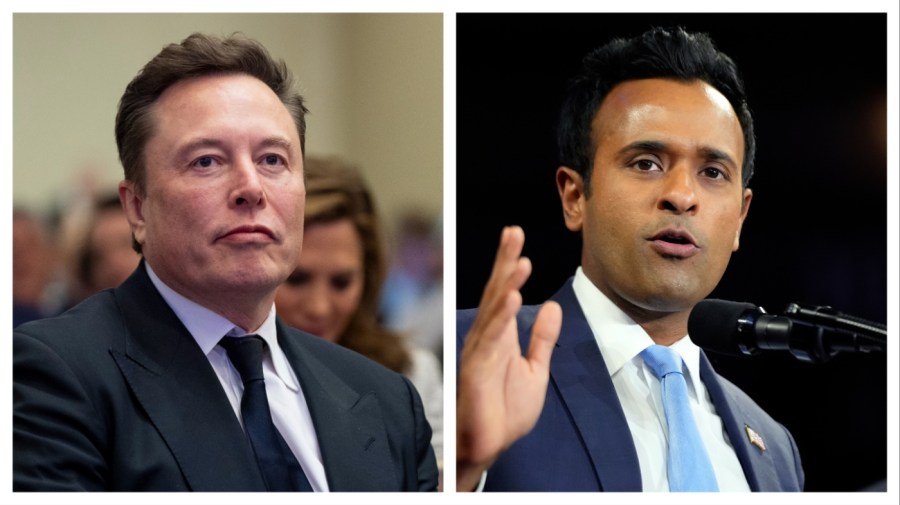The U.S. government has been a laughingstock for generations due to its administrative bloat, waste, and general inefficiency. That’s about to change.
For years, the late Sen. Tom Coburn (R-Okla.) published an annual report on government waste, appropriately titled “The Wastebook.” Coburn and his staff catalogued billions of dollars in dubious spending, ranging from the ridiculous (like a $1 million grant to study romance novels) to the outrageous (like $65 million in hurricane relief that was spent on tourism advertisements).
When Coburn retired, he passed the baton to Sen. Rand Paul (R-Ky.), whose latest edition of the “Festivus” report detailed an astonishing $900,000,000,000 in wasteful federal spending, including $200 million in Small Business Administration payments to music megastars such as Post Malone, Usher and Lil Wayne.
In all likelihood, that’s just the tip of the iceberg. While stories about seven-figure government grants to study animals walking on treadmills make for great headlines, the real savings are going to come from more fundamental reforms, such as eliminating administrative redundancy and streamlining operations.
That’s why it’s so encouraging that President-elect Donald Trump has appointed two successful business owners — Elon Musk and Vivek Ramaswamy — to lead the new Department of Government Efficiency, humorously referred to with the acronym “DOGE.”
In addition to being visionary entrepreneurs with a demonstrated history of thinking outside the box, Musk and Ramaswamy have extensive experience running large and complex organizations, giving them a perspective on the federal bureaucracy that few (if any) politicians or bureaucrats can hope to match.
Musk alone employs around 150,000 people through his various companies, while Ramaswamy has built multibillion-dollar companies from the ground up. They are expected to draw on that experience to generate billions upon billions of dollars in cost savings.
There’s plenty of low-hanging fruit. Last year, for instance, the Government Accountability Office released a report revealing that 17 out of 24 federal agencies are utilizing less than 25 percent of their office space. Not one of the agencies used even half the office space it occupied, topping out at 49 percent.
According to GAO, federal agencies spend about $2 billion every year to operate and maintain these buildings, plus an additional $5 billion per year to lease office buildings. Amazingly, one of the GAO’s recommendations was to spend even more taxpayer money “to reconfigure existing space to increase utilization.” This is the sort of thinking that Musk, Ramaswamy and the DOGE need to exorcise if we’re ever going to balance the federal budget.
By selling underutilized properties and consolidating operations, the federal government could generate hundreds of millions if not billions of dollars in revenue, in addition to reducing the expense of maintaining property and buildings that are barely being used.
Another promising way of reducing federal spending would be to cut redundancy. It is frequently the case, for instance, that multiple federal agencies are concurrently working on the same issues — in some cases, literally dozens of federal agencies are all working independently on the same problem.
Between 2010 and 2023, the federal government saved an estimated $600 billion simply by implementing GAO recommendations, some of which are as simple and common-sense as improved documentation and monitoring to prevent overpayments.
Imagine what we could achieve by applying some of America’s best business minds to the task of government efficiency.
Our government’s spending habits have been a punchline for too long. The DOGE is finally going to turn the bureaucracy into something Americans can be proud of, and we should all unite in supporting that effort.
Julio Gonzalez is the founder of Engineered Tax Services.

